Completing passion projects transforms dreams into tangible achievements, reinforcing your capacity to shape your future. By harnessing mental discipline for success, you can navigate obstacles and complete passion projects with confidence and precision.
You envision a passion project that ignites your purpose—perhaps a novel, a small business, or a community initiative. You begin with fervor, drafting plans and gathering inspiration, only to find your progress halted by distractions, self-doubt, or competing obligations. Months pass, and your project remains incomplete, a quiet symbol of unfulfilled ambition. This challenge is common among driven individuals, reflecting not a lack of ability but a need for structured discipline.
This post presents a 7-Lesson Framework for Project Completion, offering formal, actionable lessons to guide you from vision to victory. Each lesson includes a principle, case study, application, and exercise, equipping you to finish what you start. Begin this journey today to unlock your potential and achieve your objectives with unwavering focus.
Foundational Concepts: The Importance of Completing Passion Projects
Passion projects—endeavors driven by intrinsic motivation—fuel creativity, purpose, and personal growth. Yet, they often remain unfinished due to psychological and practical barriers. Understanding these barriers is essential to success.
Unfinished projects erode confidence, fostering hesitation and avoidance. Conversely, to complete passion projects builds resilience and self-efficacy, strengthening your ability to pursue future goals. This process requires mental discipline, defined as the capacity to align thoughts and actions with priorities despite challenges. Through mental discipline for success, you can transform aspirations into concrete outcomes.
Consider the impact: a finished project, whether a published blog or a handcrafted product, becomes a testament to your commitment. This framework provides the tools to overcome barriers and complete passion projects, ensuring your vision becomes reality.
Why do you often leave projects unfinished?
Many people start projects full of excitement, only to abandon them halfway through. This often happens because of a psychological shift: we get a burst of dopamine when something is new, but that motivation fades quickly. Once the excitement wears off and real effort kicks in, the work feels harder and less rewarding — so our brain seeks something easier or more stimulating. Without a system to keep us going, we move on to the next shiny idea.
Another common reason is fear — fear of failure or even fear of success. Finishing a project forces us to face feedback, judgment, or the possibility that we won’t meet our own expectations. Staying “almost done” keeps the fantasy alive without risking reality. This emotional block is powerful, especially for projects that are deeply personal or tied to our self-worth.
We also struggle when goals are unclear or too big. Without breaking a project into small, daily actions, it becomes overwhelming. This lack of structure creates mental friction, which often leads to procrastination. When progress isn’t visible or rewarding, our brain checks out. That’s why people who track wins, reflect daily, and celebrate small steps are more likely to follow through.
Ultimately, finishing requires more than motivation — it demands mental discipline for success. This means taking action even when energy or mood is low, resisting distractions, and staying emotionally committed to the outcome. When we align with a meaningful purpose, use structure, and stay accountable, we turn incomplete ideas into completed victories.
7-Lesson Framework for Project Completion
Lesson 1: Define a Precise Project Vision
Principle: A clear, specific vision provides direction and motivation, anchoring your efforts to complete passion projects. Ambiguity invites procrastination, while precision fosters accountability and focus.
Case Study: Emma, a marketing professional, aspired to launch a travel blog. Her initial goal, “write about travel,” led to scattered efforts. By refining her vision to “publish 12 destination guides in six months,” she created a measurable target, completing her blog on schedule.
Application:
- Articulate your project’s end state (e.g., “publish a 50,000-word novel”).
- Establish a realistic timeline (e.g., nine months).
- Write a one-sentence vision statement summarizing scope and purpose.
- Review this statement daily to reinforce commitment.
Exercise: Draft your project vision statement, specifying deliverables and timeline. Reflect on how this clarity shapes your motivation. Revisit and refine it after one week.
Lesson 2: Break Projects into Manageable Phases
Principle: Large projects can overwhelm, but segmenting them into phases makes progress achievable. This structured approach sustains mental discipline and take action, enabling you to complete passion projects incrementally.
Case Study: Leo, an aspiring entrepreneur, aimed to launch a handmade candle business. The scope—product design, branding, sales—felt daunting. By dividing the project into phases (e.g., “develop five scents,” “build website”), he completed each stage methodically, launching in four months.
Application:
- List all tasks required to finish your project.
- Group tasks into four to six phases (e.g., research, creation, promotion).
- Assign deadlines to each phase, balancing with other responsibilities.
- Focus on one phase at a time, marking milestones.
Exercise: Create a phase-based project plan with deadlines. Identify the first task of phase one and complete it within 48 hours. Document how this structure impacts your progress.
Lesson 3: Establish a Consistent Work Schedule
Principle: Consistency transforms sporadic effort into steady advancement. A dedicated schedule reinforces mental discipline for success, ensuring you complete passion projects despite competing demands.
Case Study: Priya, a teacher, wanted to write a children’s book. Her irregular writing sessions yielded minimal progress. By scheduling 30 minutes daily at 6 AM, she built a habit, finishing her manuscript in five months.
Application:
- Identify a daily or weekly time slot (e.g., 30 minutes post-breakfast).
- Reserve this time exclusively for your project, minimizing interruptions.
- Use a calendar to block and protect this slot.
- Commit to showing up, even for small tasks, to build momentum.
Exercise: Schedule a fixed work slot for one week, tracking adherence. Reflect on how consistency affects your productivity and confidence in completing your project.
Lesson 4: Overcome Resistance with Strategic Accountability
Principle: Resistance—manifesting as fear, doubt, or perfectionism—stalls progress. Accountability systems counteract these barriers, supporting your resolve to complete passion projects through external or internal reinforcement.
Case Study: Sarah, a graphic designer, delayed her portfolio website due to perfectionism. Joining a peer accountability group and sharing weekly updates provided encouragement, enabling her to launch her site in three months.
Application:
- Identify an accountability partner (e.g., colleague, mentor) or group.
- Share your project vision and phase deadlines with them.
- Schedule weekly check-ins to report progress and challenges.
- Alternatively, maintain a journal to log daily efforts for self-accountability.
Exercise: Recruit an accountability partner or start a progress journal. Commit to one week of check-ins or entries, noting how accountability strengthens your commitment.
Lesson 5: Manage External Distractions Effectively
Principle: External distractions, such as notifications or social obligations, disrupt focus. Proactively managing these interruptions ensures you complete passion projects by maintaining a conducive work environment.
Case Study: Jamal, a musician, struggled to finish a demo album due to constant phone alerts and family demands. By silencing notifications and setting clear boundaries during work hours, he completed his demo in six months.
Application:
- Identify primary distractions (e.g., social media, unscheduled calls).
- Use tools like website blockers or “do not disturb” settings during work sessions.
- Communicate boundaries to colleagues or family (e.g., “I’m unavailable 7–8 AM”).
- Create a dedicated workspace free from external disruptions.
Exercise: For one week, implement one distraction-management strategy (e.g., silencing phone). Document its impact on your focus and project progress in a brief reflection.
Lesson 6: Reflect and Adjust to Maintain Momentum
Principle: Periodic reflection allows you to assess progress, identify obstacles, and adjust strategies, sustaining momentum to complete passion projects. This iterative process strengthens resilience and adaptability.
Case Study: Rachel, a community organizer, aimed to launch a local workshop series. Early setbacks, like low sign-ups, stalled her. Weekly reflections helped her tweak outreach strategies, leading to a successful launch in four months.
Application:
- Schedule a 10-minute weekly reflection session.
- Assess progress against your phase-based plan, noting successes and challenges.
- Identify one adjustment (e.g., shift work hours, refine a task).
- Implement the adjustment and monitor its effect.
Exercise: Conduct a 10-minute reflection session this week, documenting progress and one adjustment. Apply the change and reflect on its impact after seven days.
Lesson 7: Celebrate Progress to Sustain Motivation
Principle: Recognizing achievements, however small, fuels motivation and reinforces commitment. Strategic celebration ensures you complete passion projects by maintaining enthusiasm throughout the process.
Case Study: Tom, a carpenter, struggled to finish a custom furniture collection. By rewarding phase completions—new tools after sketching, a weekend outing after assembly—he stayed motivated, completing his collection in five months.
Application:
- Define milestones tied to project phases (e.g., “finish first prototype”).
- Assign meaningful rewards (e.g., a favorite book, a special meal).
- Track milestones in a dedicated notebook or digital tool.
- Reflect on each reward’s impact on your drive to continue.
Exercise: List three milestones and their rewards for your project. Achieve one milestone this week, implement the reward, and write a brief reflection on its effect.
Your Journey to Project Completion
Finishing what you start is a powerful testament to your vision and resilience. With this 7-Lesson Framework—defining a vision, breaking projects into phases, scheduling work, leveraging accountability, managing distractions, reflecting on progress, and celebrating milestones—you can complete passion projects and transform aspirations into realities.
Begin today: draft your project vision and take the first step. Mental discipline for success is your foundation for enduring achievement.
Ready to transform your life and achieve any goal? Reprogram your mind and learn how to take action with the Mental Discipline for Success System Kit. Train your subconscious to align with goals, stay laser-focused with a 30-minute daily tracker, and learn from professionals weekly. Includes a digital book, six videos, a tracker sheet, and printables. Start now at mentaldisciplineforsuccess.com and achieve your success.
Questions: Completing Passion Projects
To complete passion projects, dedicate 15–30 minutes daily to small tasks within a phase-based plan. Use mental discipline for success to prioritize consistency, ensuring progress despite time constraints.
Abandonment often results from vague goals, resistance, or distractions. Define a clear vision, use accountability, and manage interruptions to complete passion projects with focus and structure.
To complete passion projects, celebrate milestones with rewards and reflect weekly to adjust strategies. This sustains momentum, reinforcing commitment through consistent progress.
Timelines vary, but a phase-based plan with weekly tasks enables you to complete passion projects in three to nine months. Consistent scheduling and reflection accelerate outcomes.
Mental discipline for success aligns your focus and actions, helping you complete passion projects by overcoming resistance, distractions, and setbacks through structured habits.


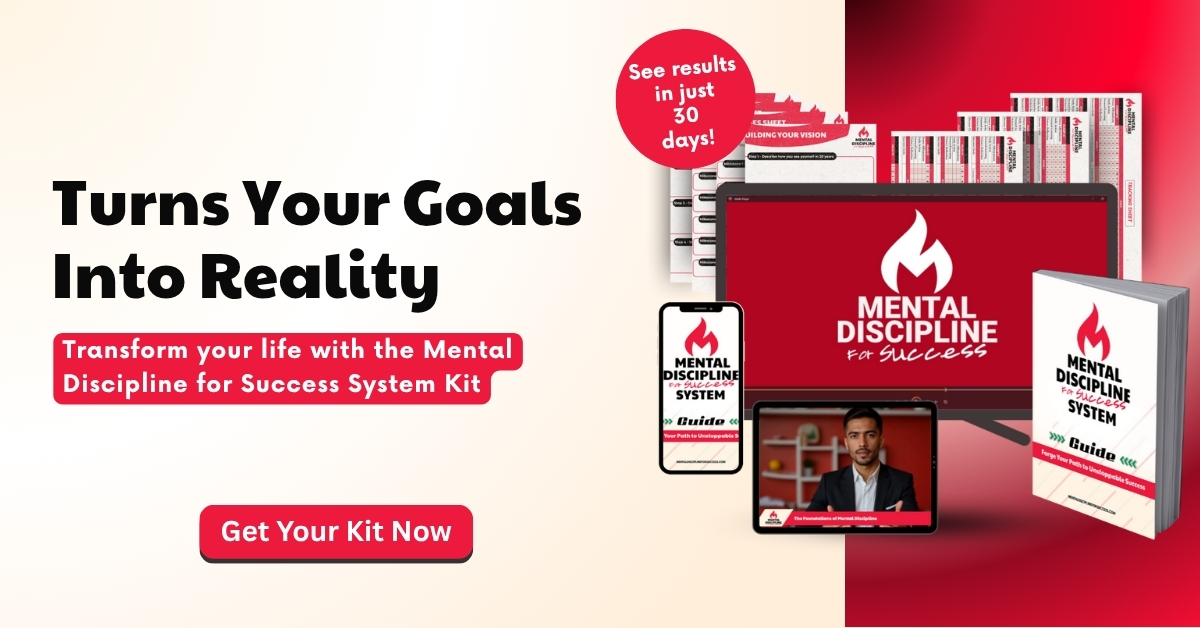


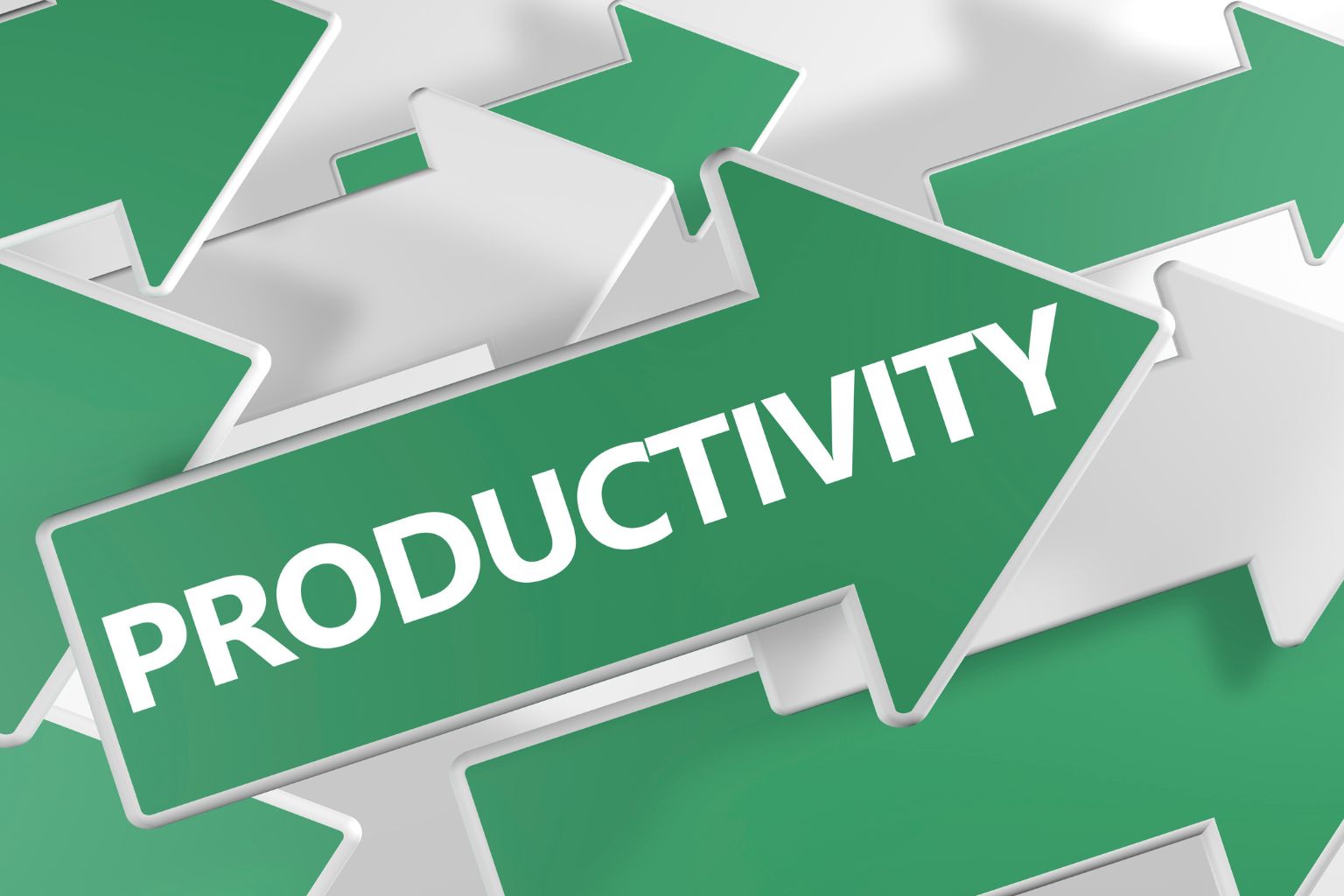


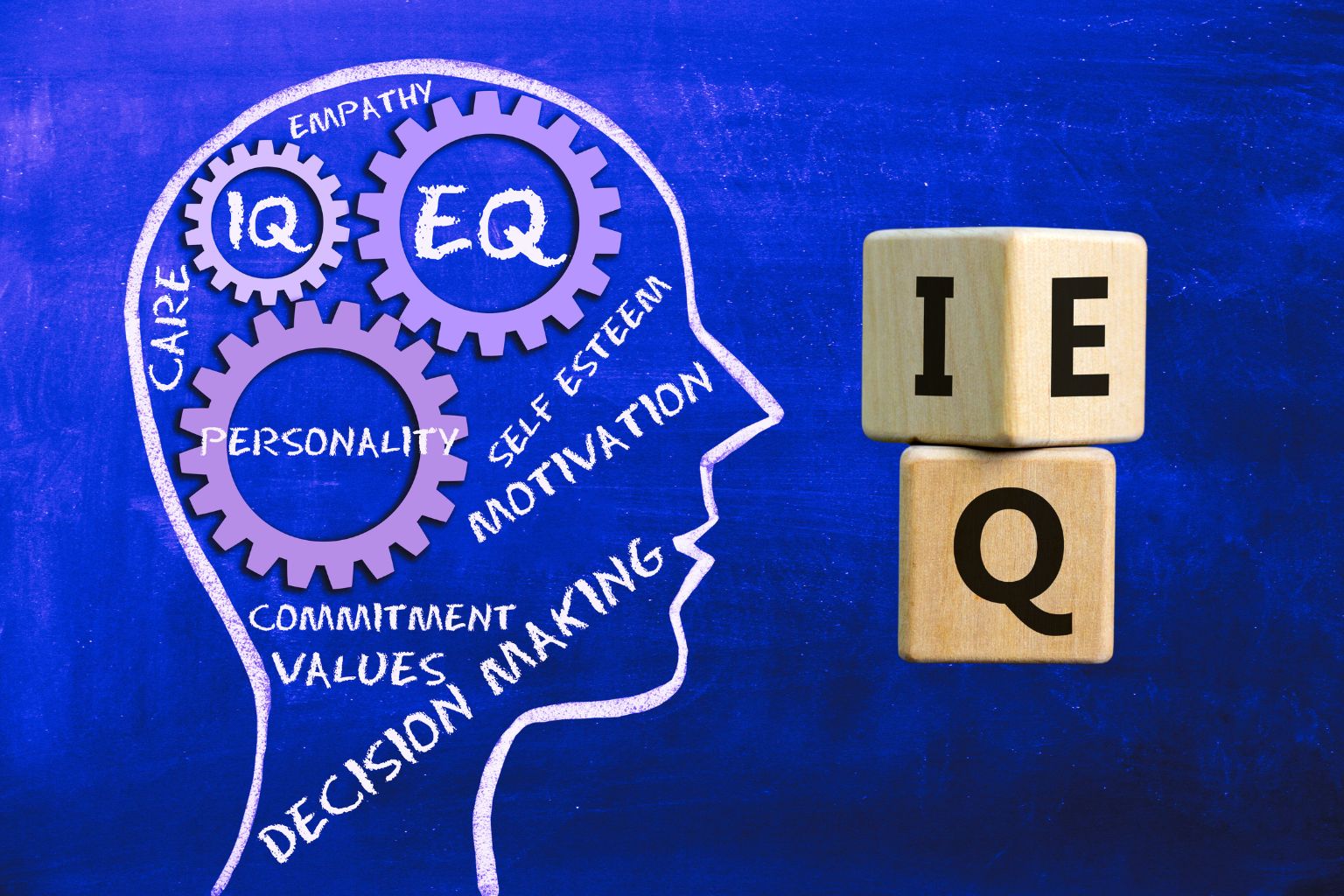


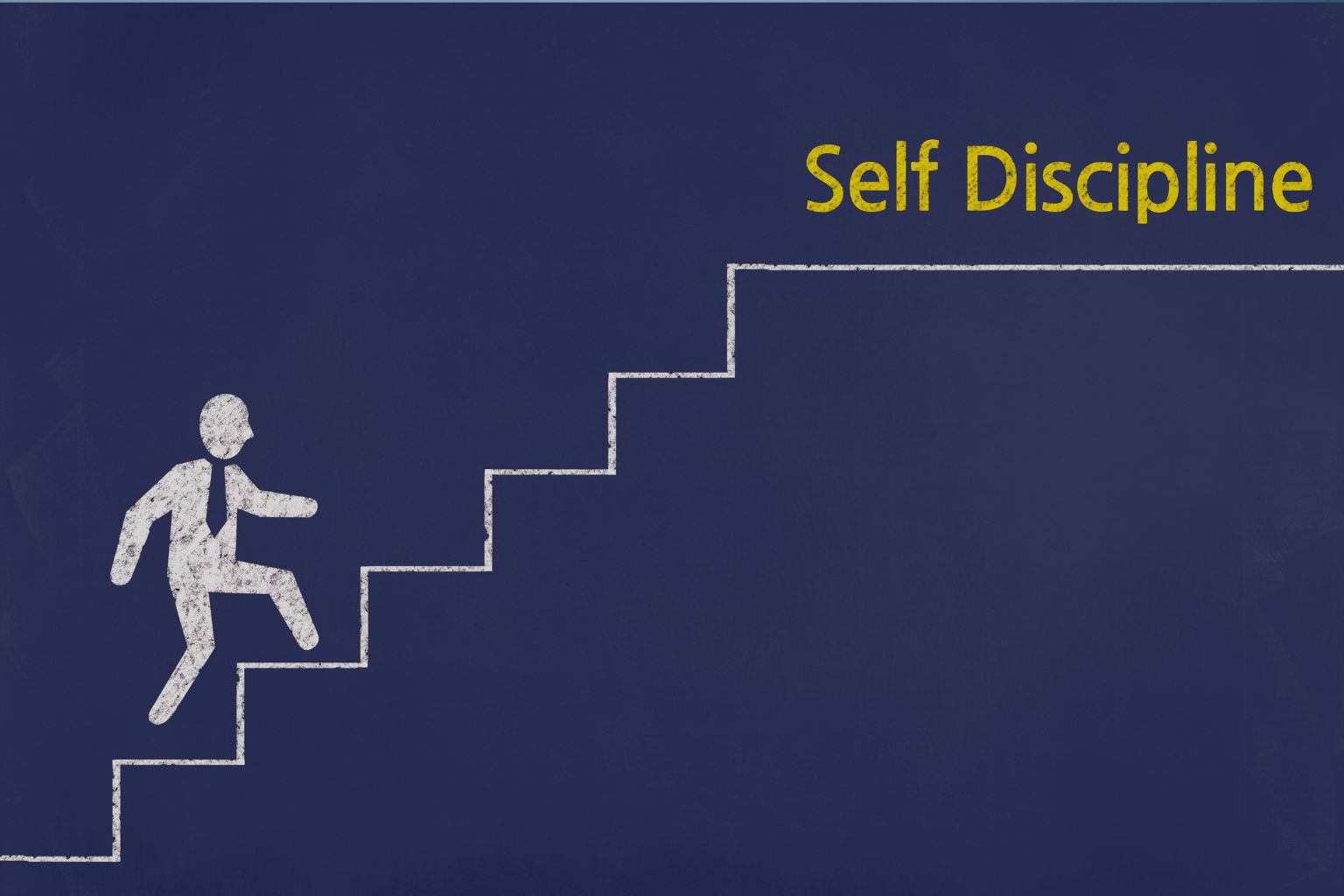



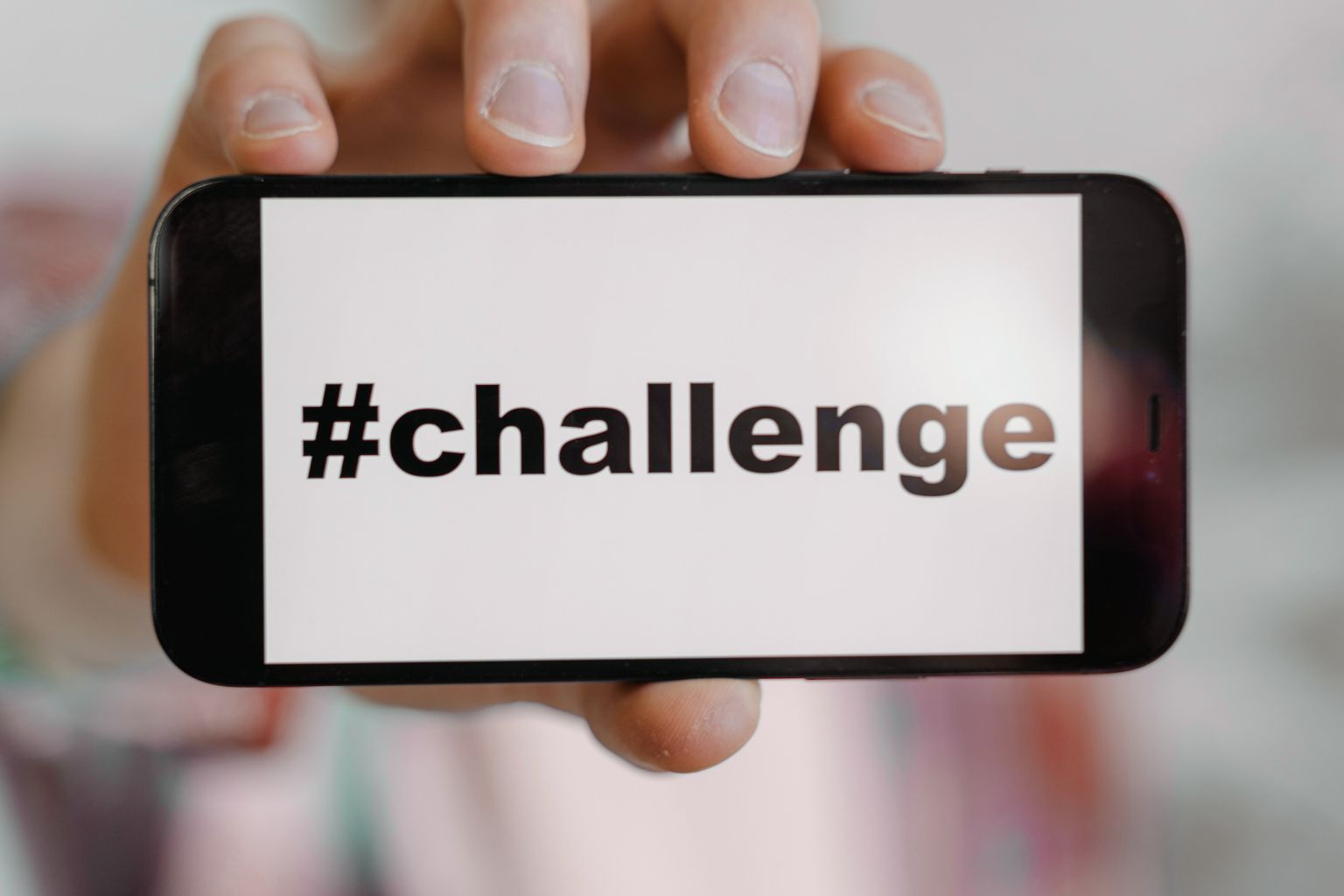

Share it!